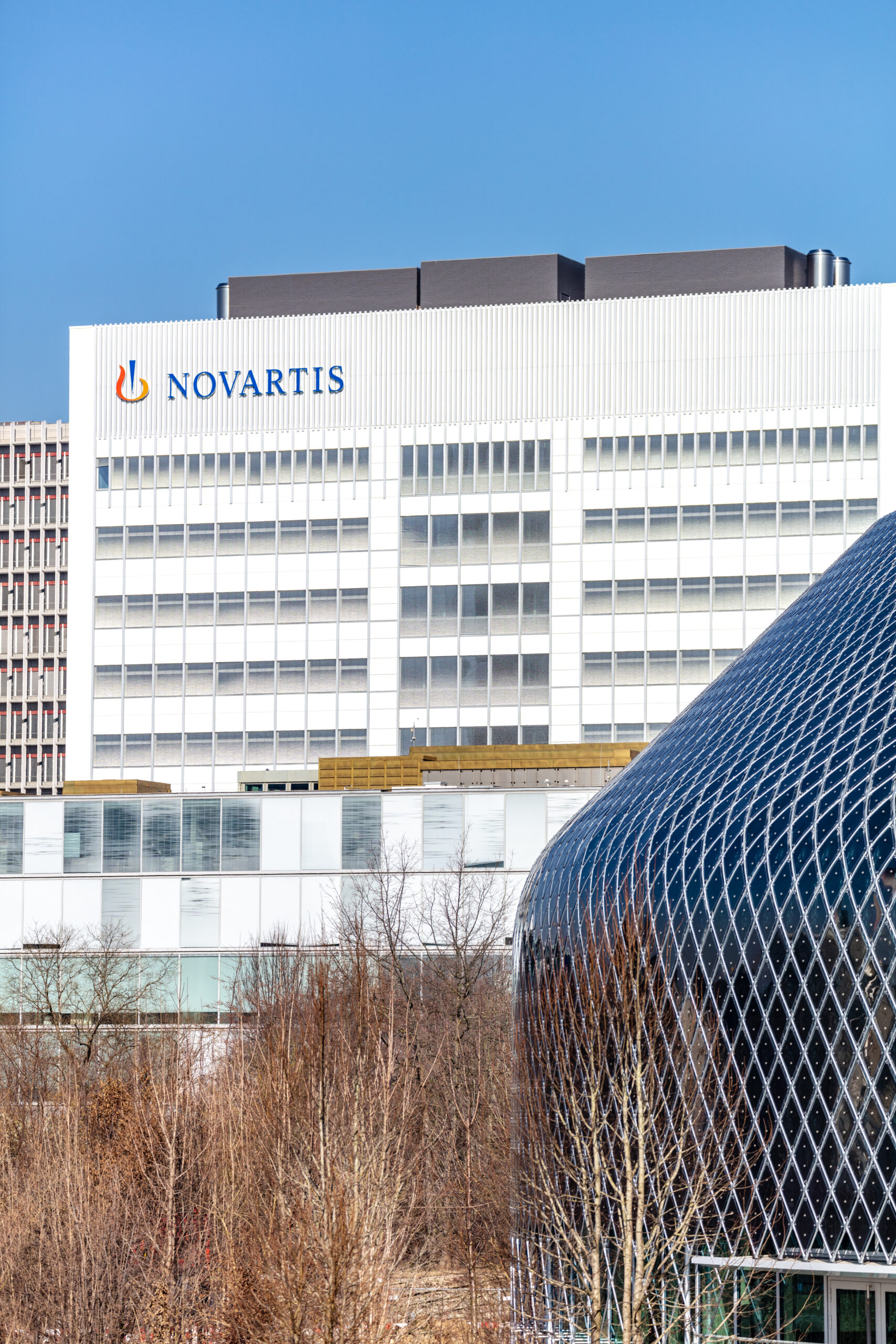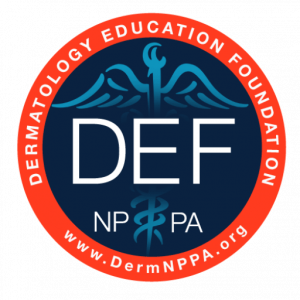Cosentyx® (secukinumab) from Novartis is now approved to treat moderate to severe hidradenitis suppurativa (HS) in adults. Cosentyx is the only FDA-approved fully human biologic that directly inhibits interleukin-17A (IL-17A), a cytokine believed to be involved in the inflammation of HS. It is approved as a 300mg dose, administered every four weeks, with the option to increase to every two weeks if the patient has an inadequate response.
FDA approval was based on analyses from the largest Phase III program in HS to date. In these trials, SUNSHINE and SUNRISE, a higher proportion of patients given Cosentyx 300mg either every two weeks or every four weeks achieved a Hidradenitis Suppurativa Clinical Response (HiSCR50) compared to placebo. The studies evaluated Cosentyx across 16-week (vs placebo) and 52-week treatment periods, the onset of action of Cosentyx occurred as early as Week 2. Efficacy progressively increased to Week 16 and was observed up to Week 52. The safety profile of Cosentyx observed in these HS trials was consistent with its known safety profile observed in the plaque psoriasis trials.
SUNSHINE and SUNRISE had a combined enrollment of more than 1,000 patients. A Hidradenitis Suppurativa Clinical Response (HiSCR50), the primary endpoint in the two pivotal trials, is defined as at least a 50% decrease in abscess and inflammatory nodule (AN) count with no increase in the number of abscesses and/or draining tunnels. Secondary endpoints included a decrease in abscess and inflammatory nodules by at least 50% (AN50), the proportion of patients experiencing a flare, and the proportion of patients with a skin pain numeric rating scale 30 response up to 16 weeks of treatment.
“For many patients, the daily impact of HS and the search for symptom relief can last years – which can come with painful, irreversible physical and emotional scarring,” said Alexa B. Kimball, MD, MPH, lead investigator of the SUNSHINE and SUNRISE trials, Professor of Dermatology at Harvard Medical School, President and CEO of Harvard Medical Faculty Physicians at Beth Israel Deaconess Medical Center, Boston. “This approval marks an important milestone for countless patients who have been faced with limited treatment possibilities and who now have a new option.”
Results from FDA-requested analyses at Week 16 showed that a significantly higher proportion of patients achieved HiSCR50 when treated with Cosentyx 300mg dosed every two weeks (after standard weekly loading doses), compared with placebo in both the SUNSHINE and SUNRISE trials (44.5% vs 29.4% and 38.3% vs 26.1%, respectively). A greater proportion of patients randomized to Cosentyx 300mg dosed every four weeks (after standard weekly loading doses) achieved HiSCR50 compared with placebo in both SUNSHINE (41.3% vs 29.4%) and SUNRISE (42.5% vs 26.1%).
An exploratory analysis assessed the long-term effects of Cosentyx for each of the primary and secondary endpoints for up to 52 weeks. HiSCR values observed at Week 16 following either dose regimen of Cosentyx were improved over time to Week 52, with rapid improvements seen in patients who switched from placebo at Week 16.
This and other developments in biologic and small molecule treatments for inflammatory skin diseases will be explored at the DEF Biologic and Small Molecule NP/PA CME Bootcamp on Saturday, November 4 in Scottsdale, AZ. Registration is still open!

